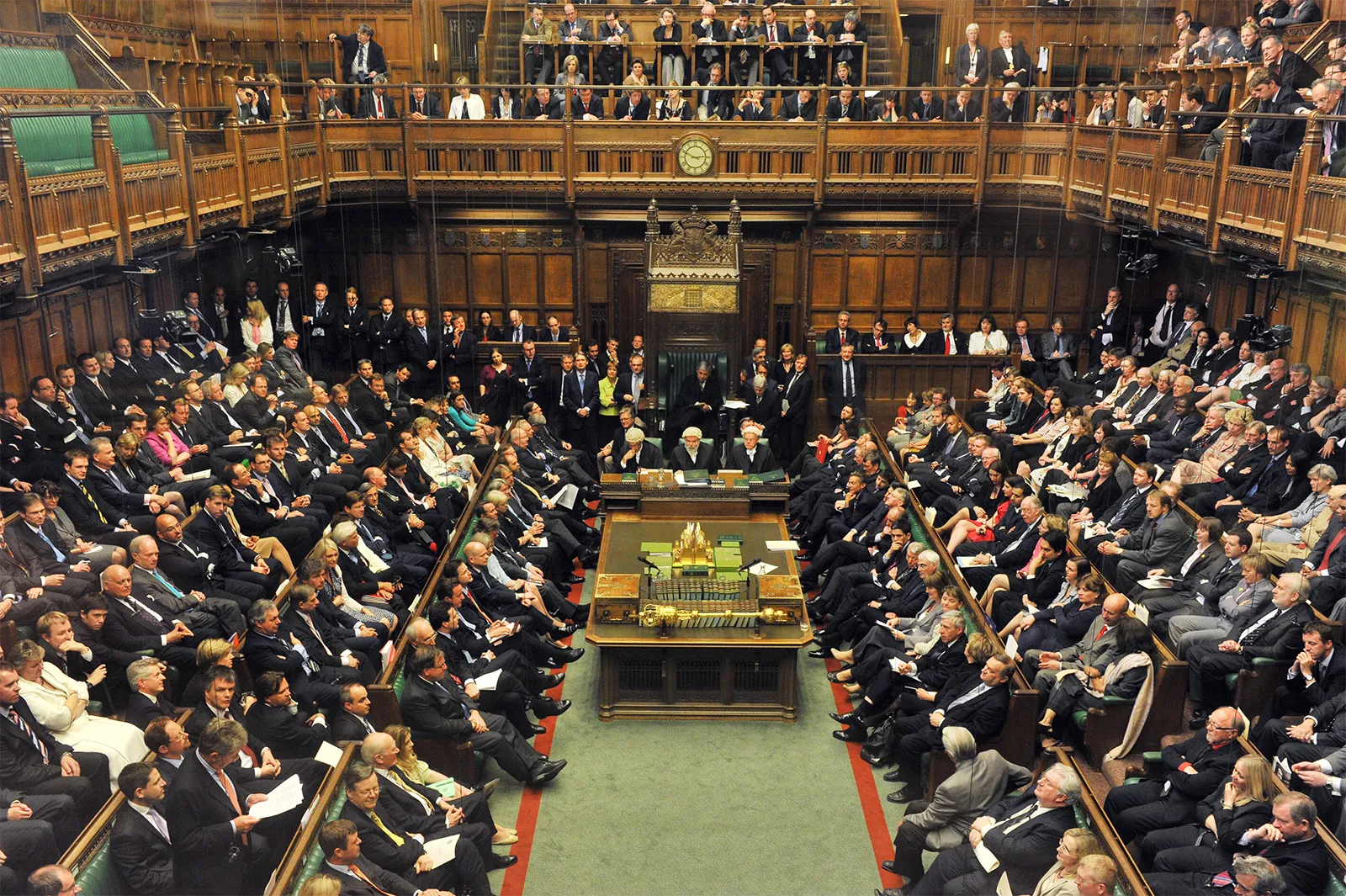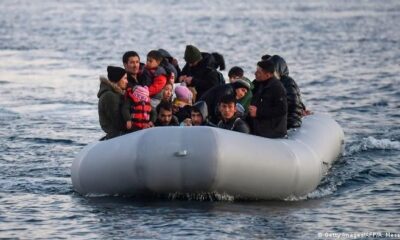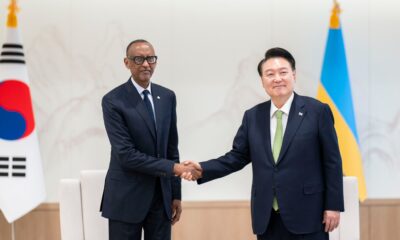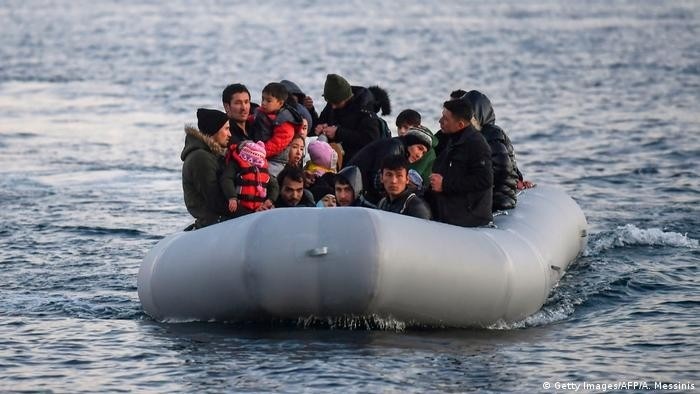US Secretary of State, Antony Blinken, announced Tuesday that the Sudanese army and Rapid Support Forces will participate in U.S.-mediated peace talks in Switzerland on Aug. 14.
RSF head Mohamed Hamdan Dagalo said early Wednesday they will constructively participate in discussions to achieve “a comprehensive ceasefire across the country and facilitate humanitarian access to all those in need.”
“We reaffirm our firm stance … which is the insistence on saving lives, stopping the fighting, and paving the way for a peaceful, negotiated political solution that restores the country to civilian rule and the path of democratic transition,” Dagalo said in a statement.
Blinken announced that the African Union, Egypt, UAE, and UN will observe the negotiations. Saudi Arabia will co-host the talks, he said.
“The scale of death, suffering, and destruction in Sudan is devastating. This senseless conflict must end,” Blinken said, calling on the Sudanese Armed Forces (SAF) and Rapid Support Forces (RSF) to attend the talks and approach them constructively.
South Sudan’s economy is struggling due to intercommunal warfare. The 2013–2018 civil war reduced crude oil export revenue, and the Sudanese conflict has disrupted exports.
International Organization for Migration (IOM) reports that the RSF’s southeast expansion recently displaced about 150,000 people from Sennar state. Following RSF raids on residences and markets in the state’s small towns and villages, many of these people were rehoused again.
The April 2023 Sudanese war has displaced almost 10 million people, caused famine warnings, and started ethnically-driven violence blamed on the RSF. Last year, US-Saudi Arabia-sponsored army-RSF talks in Jeddah collapsed.
On Tuesday, State Department spokeswoman Matthew Miller told reporters that the meetings in Switzerland were meant to build on Jeddah and go forward.
“We just want to get the parties back to the table, and what we determined is that bringing the parties, the three host nations and the observers together is the best shot that we have right now at getting the nationwide cessation of violence,” Miller said.







































